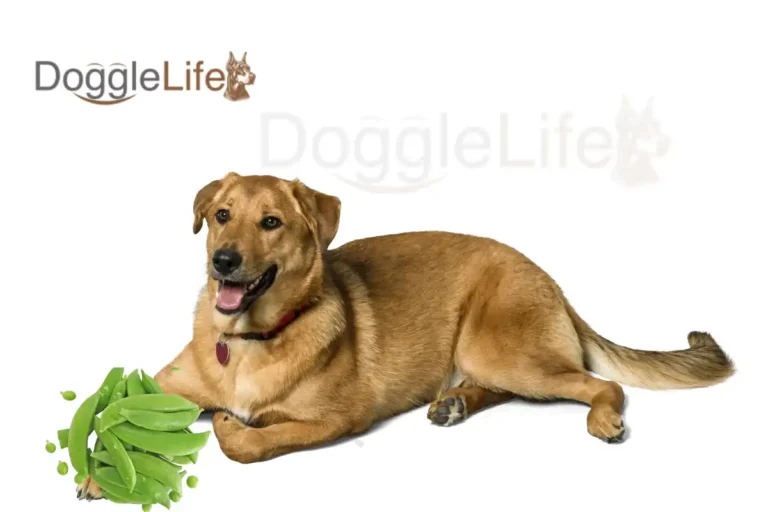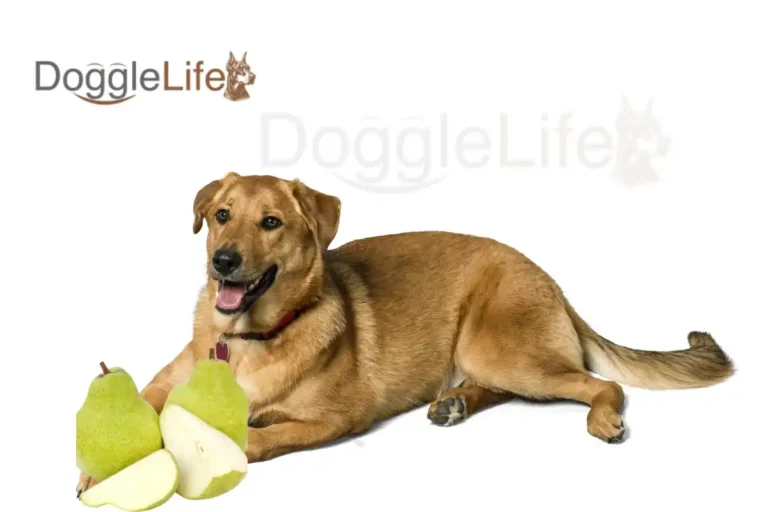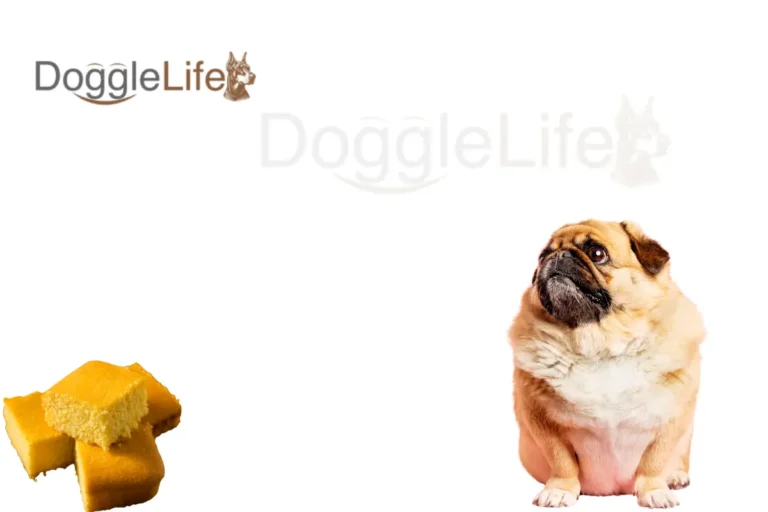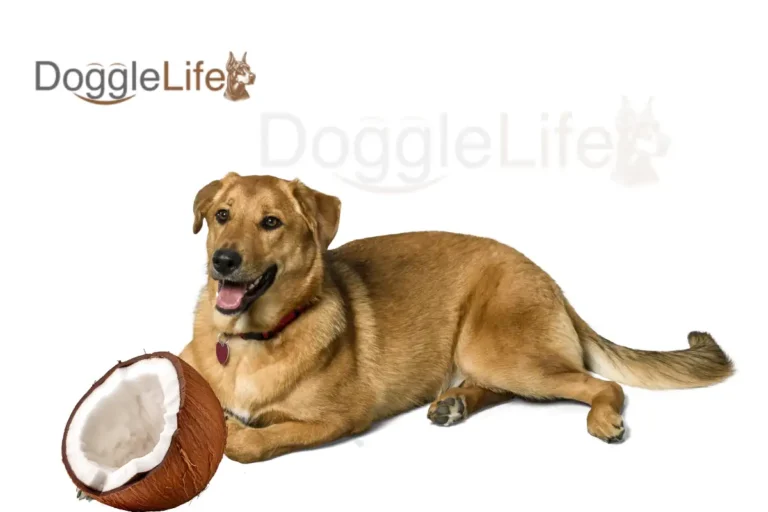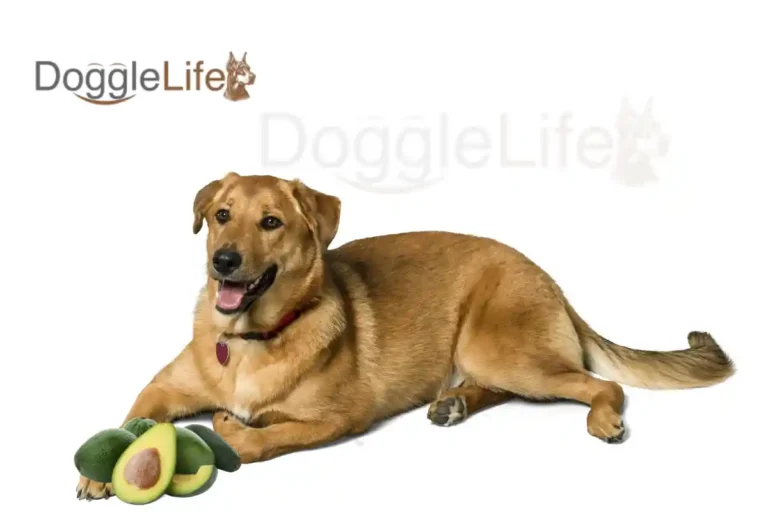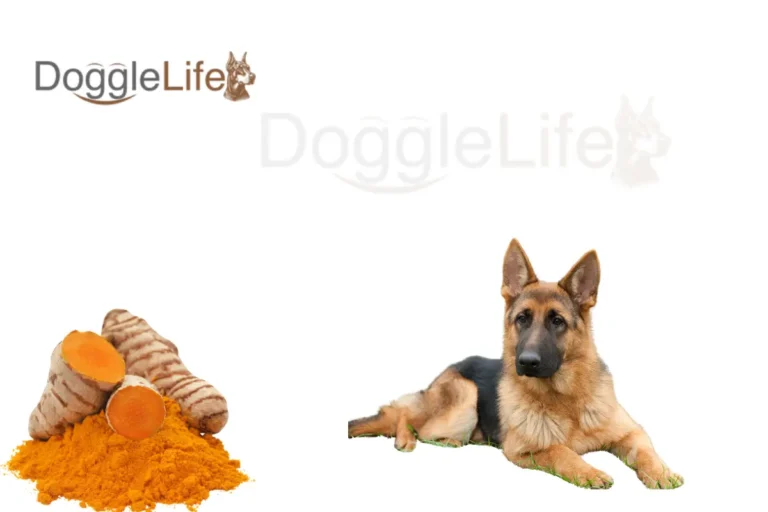Can Dogs Eat Black Beans Vet Approved
If you’ve ever wondered, can dogs eat black beans, you’re not alone. Dogs can enjoy some black beans safely, but there are important things to know. This guide covers everything from black eyed beans, canned black beans, black beans and rice, black bean burgers, and even black bean soup to ensure your dog stays healthy. We’ll also discuss daily consumption, cooked vs. raw beans, and alternatives like pinto or kidney beans.
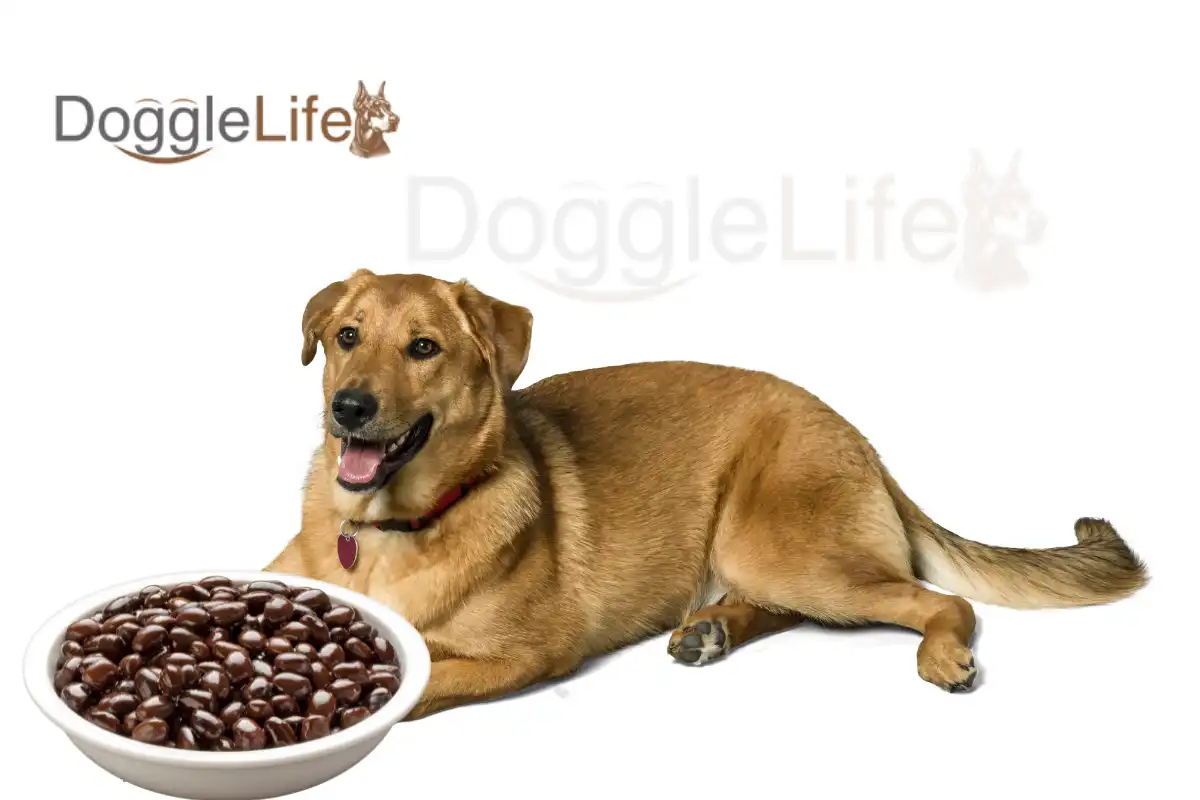
Can Dogs Eat Black Beans
Black beans are generally safe for dogs when served plain and cooked. They are rich in fiber and protein, which can help support your dog’s digestion and overall health.
Tips from a dog nutrition expert:
- Serve in small amounts to avoid stomach upset.
- Avoid adding spices, onions, or garlic, which are toxic to dogs.
Expert advice: Start with just a few beans to see how your dog reacts, and always mix them into their regular food.
Can Dogs Eat Black Eyed Beans
Black eyed beans are another legume that can be beneficial for dogs in moderation. They contain vitamins and minerals that support heart health and energy levels.
Key points:
- Cook thoroughly; raw or undercooked beans can cause digestive issues.
- Rinse canned beans to remove excess salt.
Expert advice: Think of black eyed beans as a healthy snack, not a main meal, and always monitor your dog’s reaction.
Can Dogs Eat Canned Black Beans
Canned black beans are convenient but may contain added sodium and preservatives. Dogs can eat them if they are rinsed well and served plain.
Tips for feeding canned black beans:
- Rinse thoroughly to reduce sodium.
- Serve in moderation as part of a balanced diet.
Expert advice: Whenever possible, use cooked dry beans instead of canned. Your dog’s tummy will thank you!
Can Dogs Eat Black Beans and Rice
Black beans and rice can make a nutritious combo for dogs, providing protein, fiber, and easy to digest carbohydrates. This mix can be especially good for dogs with sensitive stomachs.
Serving tips:
- Use plain, cooked rice with cooked black beans.
- Avoid adding salt, butter, or seasonings.
Expert advice: This combo works great as a filler in homemade dog food, but balance it with protein like chicken or turkey for a complete meal.
Can Dogs Eat Cooked Black Beans
Cooked black beans are safer than raw beans and are a healthy addition to your dog’s diet. They support digestion and provide essential nutrients.
Feeding advice:
- Always serve plain, without seasoning.
- Start with small portions to prevent gas or bloating.
Expert advice: Treat cooked black beans as an occasional treat or meal topper, not a daily staple, to avoid digestive upset.
See also: Can Dogs Eat Applesauce
See also: Can Dogs Eat Pomegranate
Can Dogs Eat Black Bean Burgers
Yes, can dogs eat black bean burgers? The answer is yes, in moderation. Black bean burgers are made mainly from beans, which are a good source of protein and fiber for your dog. However, many store bought or restaurant versions contain onions, garlic, or spices that are toxic to dogs.
Expert tip: If you want to give your dog a black bean burger, make a homemade, plain version without any added seasoning. Serve in small portions to avoid digestive upset.
Can Dogs Eat Black Bean Sauce
Wondering can dogs eat black bean sauce? Generally, no. Black bean sauce often contains salt, sugar, garlic, or soy sauce, which can be harmful to your dog’s health. Even a small amount can upset their stomach or lead to long term issues.
Expert tip: Instead of using black bean sauce, cook plain black beans and mix them into your dog’s regular food. It’s safer and still nutritious.
See also: Can Dogs Eat Plums Guide
See also: Can Dogs Eat Onions
Can Dogs Eat Black Beans and Corn
Yes, can dogs eat black beans and corn? Absolutely! Black beans provide protein and fiber, while corn gives some extra carbohydrates and vitamins. Make sure both are cooked and served plain, without butter, salt, or seasonings.
Cooked black beans: protein and fiber
Cooked corn: carbs and vitamins
Expert tip: Start with small amounts to see how your dog’s stomach handles it. Some dogs may have trouble digesting corn.
Can Dogs Eat Black Beans Everyday
People often ask, can dogs eat black beans everyday? While black beans are healthy, feeding them every day in large amounts is not recommended. Too many beans can cause gas, bloating, or digestive discomfort.
Expert tip: Include black beans as a supplement to your dog’s main diet, 2–3 times per week, and keep portions small to maintain a healthy balance.
Can Dogs Eat Black Beans or Pinto Beans
So, can dogs eat black beans or pinto beans? Yes, both are safe when cooked and plain. Black beans are slightly higher in fiber, while pinto beans are milder and easier on the stomach. Avoid canned beans with added salt or seasonings.
Expert tip: Rotate between black beans and pinto beans for variety and nutrition, and always rinse canned beans thoroughly before serving.
Can dogs eat black beans raw
Feeding your dog raw black beans is not recommended. Raw black beans contain lectins, which can be toxic to dogs and cause digestive upset like vomiting or diarrhea. Cooking black beans properly neutralizes these compounds and makes them safe.
Expert tip: Always cook black beans before offering them to your dog. A little patience ensures your pup stays healthy and happy.
Can dogs eat kidney beans and black beans
Yes, dogs can eat both kidney beans and black beans, but only if they are properly cooked. Raw or undercooked beans can be harmful. Beans are high in fiber and protein, which can support your dog’s digestion and muscle health when given in moderation.
Expert tip: Introduce beans slowly into your dog’s diet to avoid stomach upset, and always serve them plain, without seasoning or spices.
Can dogs eat refried black beans
Dogs should not eat refried black beans if they contain added spices, onions, or garlic. Plain refried black beans without harmful ingredients can be given in small amounts. Refried beans are often high in fat, which may upset your dog’s stomach.
Expert tip: Stick to plain, cooked black beans and avoid store bought refried versions. Homemade preparation is safer and healthier for your dog.
Can my dog eat canned black beans
Canned black beans are safe for dogs if rinsed thoroughly to remove excess salt. High sodium can harm dogs, so draining and rinsing is essential. Canned beans are convenient, but moderation is key.
Expert tip: Treat canned black beans as an occasional addition to meals, not a daily staple, to keep your dog’s diet balanced.
Can diabetic dogs eat black beans
Diabetic dogs can eat black beans in moderation, as they are low glycemic and rich in fiber, which helps regulate blood sugar levels. Avoid adding sugar or high carb ingredients.
Expert tip: Monitor your diabetic dog’s reaction after introducing black beans and consult your vet for portion guidance to maintain healthy glucose levels.
Can dogs eat black bean chips
Dogs can eat black bean chips in very small amounts, but keep in mind that chips are often fried and salted, which can upset your dog’s stomach. Plain, baked versions without salt or seasoning are safer.
Expert tip: Treat black bean chips as an occasional snack, never as a regular part of your dog’s diet, to avoid digestive issues and weight gain.
Can dogs eat black bean pasta
Yes, dogs can eat black bean pasta in moderation. It’s a good source of protein and fiber, but make sure it’s plain, cooked, and cooled. Avoid pasta with sauces, garlic, or onions.
Expert tip: Introduce black bean pasta slowly and serve it plain. A little goes a long way in keeping your dog healthy and happy.
Can dogs eat black bean soup
Dogs can eat black bean soup only if it’s free from harmful ingredients like onions, garlic, or heavy spices. Soups can be watery and mild, but high sodium or seasoning can be dangerous.
Expert tip: Make a simple homemade black bean soup for your dog, keeping it plain and low sodium, and serve in small portions.
Can dogs eat black bean spaghetti
Dogs can eat black bean spaghetti, but it should be plain and fully cooked. Sauces with garlic, onion, or salt should be avoided. Black bean spaghetti provides fiber and protein safely when served correctly.
Expert tip: Serve black bean spaghetti in small, plain portions and mix it with your dog’s regular food for a balanced meal.
Can dogs eat black beans and white rice
Dogs can eat black beans and white rice as a balanced meal in moderation. This combination is gentle on the stomach and provides fiber, protein, and energy. Make sure the beans are cooked and plain, and the rice is soft.
Expert tip: Serve this mix in small portions and avoid adding spices or oils. It’s perfect for sensitive stomachs or as a mild meal.
Can dogs eat black beans canned and rinsed
Yes, dogs can eat black beans canned and rinsed. Rinsing removes excess sodium, which is important because high salt can harm dogs. Serve them plain and in moderation for a healthy fiber boost.
Expert tip: Always rinse canned beans thoroughly and start with a small amount to see how your dog reacts.
Can dogs eat black n lima beans
Dogs can eat black n lima beans if they are fully cooked and plain. Raw or undercooked beans can be toxic and hard to digest. This mix offers protein and fiber but should be a small part of their diet.
Expert tip: Cook the beans thoroughly and serve in moderation. Variety is fine, but beans shouldn’t replace your dog’s regular food.
Can dogs eat brown rice and black beans
Dogs can eat brown rice and black beans as a nutritious, fiber rich meal. Brown rice adds slow digesting carbs while black beans provide protein. Keep the mix plain and avoid any seasonings.
Expert tip: This combination works well for dogs with digestive issues or as a healthy side to their regular food. Serve in moderation for best results.
So, can dogs eat black beans? Yes, in moderation and prepared properly. From cooked beans to black bean pasta or black beans with rice, understanding safe amounts and preparation is key. Always avoid raw or refried beans and monitor your dog for any digestive issues.

